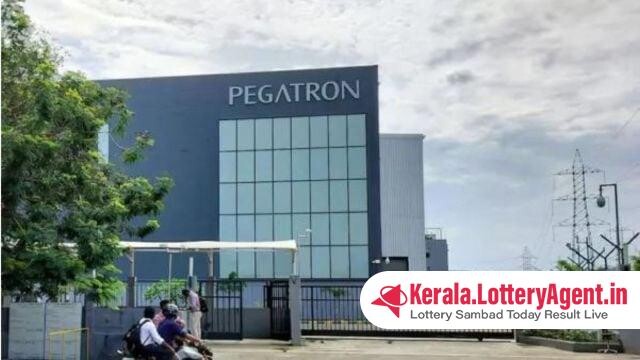
In what could be a significant shake-up in the mobile manufacturing industry in India, Tata Electronics is reportedly in negotiations to acquire a controlling interest in Pegatron’s factory in India. Pegatron, a key player in Apple’s manufacturing network, may soon see Tata, one of India’s industrial giants, as a major stakeholder in its operations on the subcontinent.
Currently, the talks are at a critical stage, with investment figures and the nuances of the agreement still under discussion. Sources familiar with the negotiations indicate that a more concrete deal structure will likely emerge following the conclusion of the general election, anticipating a closure around the July-August timeline. In the midst of these ongoing discussions, attempts to glean insights from the involved parties have met with reticence; Pegatron has not responded to email inquiries, and Tata Electronics has withheld comment.
An individual close to the deal corroborated that Tata Electronics is indeed pursuing this acquisition. However, they added a note of caution, emphasizing that it is “too early to comment on details and nature of the deal.”
This potential acquisition follows Tata Electronics’ previous venture into the mobile manufacturing space, having already acquired Wistron’s iPhone unit in Bangalore for a sum of USD 125 million in the previous year. Industry sources speculate that the Pegatron deal could be transacted at a valuation even lower than that of the previous Wistron acquisition.
The Pegatron facility in question is responsible for manufacturing the iPhone 12 and iPhone 13 models. Yet, there is an observation that demand for these models is beginning to level off. The acquisition comes at a time when both Pegatron and the recently acquired Wistron factory by Tata stand to benefit significantly from Apple’s ambitious expansion in India.
Apple’s manufacturing presence in India isn’t only limited to Pegatron and Wistron. Foxconn, another key player in Apple’s production ecosystem, is currently assembling the latest iPhone 14 and iPhone 15 models in Chennai. As part of a broader strategy, Apple aims to escalate its production footprint in India to over five-fold, with projected outputs reaching USD 40 billion (about Rs 3.2 lakh crore) over the forthcoming 4-5 years.
The growing focus on India as a manufacturing hub is reflective of the larger global supply chain realignment. Diversification and the seeking of alternatives to the otherwise concentrated manufacturing bases are part of a strategy to mitigate risks and capitalize on local market potential. For Tata, acquiring a stake in Pegatron’s India operations could be more than just an expansion of their electronics division; it symbolizes a strategic entry into the highly competitive and globally significant mobile manufacturing sector.
With India poised to become a more central player in the international supply chains for consumer electronics, this move by Tata Electronics could set the stage for a redefined industrial landscape where Indian companies are not just participants but leading figures in the high-stakes game of electronics manufacturing.
Apple’s concerted push into the Indian market is in line with these trends, providing opportunities for conglomerates like Tata to intertwine with global tech giants, thus opening doors for more advanced technology sectors to proliferate within the country. These developments could herald a new era in which India’s manufacturing capabilities are not just for domestic consumption but are integral to the global supply ecosystem.
As the projected timeline for the closure of the negotiation nears, industry watchers and market analysts will be closely monitoring how Tata’s potential acquisition of Pegatron’s India operations will impact the mobile manufacturing landscape, not just within India but at a global scale. The synergy between Tata’s ambitious growth plans and Apple’s scaling operations could redefine the parameters of manufacturing prowess in one of the world’s most rapidly expanding economies.












